Children poisoned by vitamin D because of using the wrong type for adults
According to the family of the child with vitamin D poisoning, three months before being hospitalized, an acquaintance gave the family 2 bottles of vitamin D3+K2 that looked the same (1 bottle for adults and 1 bottle for children). However, thinking that both bottles of vitamin D could be used for children, the family mistakenly gave the child the adult vitamin bottle with a dosage of 3 drops/day (5,000 IU/drop), which means the child took nearly 15,000 IU/day (many times higher than the maximum dose of vitamin D for a 6-month-old child). Unfortunately, it was only when the doctor informed the child that the child had vitamin D poisoning and compared it with the medicine bottle the child took that the family discovered this disastrous mistake.
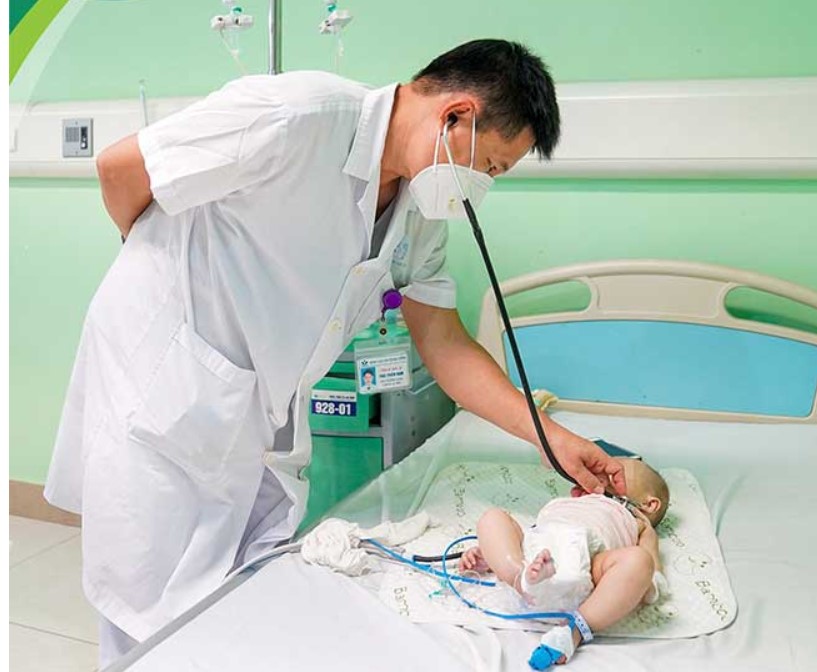
A 6-month-old child with vitamin D poisoning is being treated at the National Children's Hospital (photo: National Children's Hospital)
Dr. Thai Thien Nam, Deputy Head of the Department of Nephrology and Dialysis, National Children's Hospital, who directly treated the patient, said: The child came to the National Children's Hospital for examination because of vomiting, frequent urination, and weight loss in 1 month. Immediately after the child was admitted to the hospital, we conducted an examination and performed the necessary paraclinical tests. The results showed that the child had total hypercalcemia of 5mmol/L (normal range: 2.1 - 2.4 mmol/L), increased ionized calcium of 2.19mmol/L (normal range: 1.15 - 1.3 mmol/L), and a very high vitamin D3 concentration of 1,320ng/ml (normal range: 50 - 250 ng/ml).
At the Department of Nephrology and Dialysis, baby V was prescribed to stop all calcium and vitamin D preparations, receive intravenous fluids, and use diuretics to compensate for fluid loss due to vomiting, frequent urination, and blood calcium excretion... After 5 days of treatment, the child stopped vomiting, was no longer dehydrated, and total calcium decreased from 5 mmol/L to 3 mmol/L. However, the child still urinated frequently.
According to the plan, baby V will continue to temporarily stop all calcium and vitamin D preparations for at least 6 months, and receive intravenous fluids to compensate for fluid loss and increase blood calcium excretion. After being discharged from the hospital, baby V will be re-examined every 2 weeks to check for possible complications of kidney stones and calcium deposits in other organs.
Note the dosage of vitamin D to avoid poisoning
According to the recommendations of the Endocrine Society, the maximum dose of vitamin D in children is as follows: Children under 6 months old is 1,000 IU/day; children 12 months old, the dose is 1,500 IU/day; children from 1 to 3 years old is 2,500 IU/day; children from 4 to 8 years old is 3,000 IU/day and children over 9 years old is 4,000 IU/day. In addition, there are cases of vitamin D poisoning that can be higher or lower than the above levels depending on the physical condition of each child.
Dr. Thai Thien Nam said that vitamin D poisoning is a rare condition and difficult to diagnose because the symptoms are not specific. However, the Department of Nephrology and Dialysis - National Children's Hospital still receives a number of cases of children with vitamin D poisoning every year. The cause is often due to parents supplementing their children with too high a dose of vitamin D for a long time, not due to diet or exposure to sunlight.
Parents who arbitrarily give their children an overdose of vitamin D can cause poisoning, but the symptoms of poisoning will not occur immediately, but after a few months or even a few years. When children are poisoned by vitamin D, a lot of calcium will be deposited in their blood, leading to loss of appetite, weight loss, constipation, diarrhea, nausea, vomiting, renal tubular calcification, and kidney failure. If this condition is not detected early, children will face serious complications, even life-threatening.
Vitamin D is a vitamin that plays a very important role in the formation and development of strong bones, as well as contributing to strengthening the immune system of young children. However, if parents do not use vitamin D for their children according to the doctor's instructions on dosage, it can lead to serious poisoning.
Source: https://www.baogiaothong.vn/tre-6-thang-tuoi-ngo-doc-vitamin-d-bac-si-nhi-khoa-khuyen-cao-lieu-dung-192240502155923296.htm






![[Photo] Bustling construction at key national traffic construction sites](https://vphoto.vietnam.vn/thumb/1200x675/vietnam/resource/IMAGE/2025/5/2/a99d56a8d6774aeab19bfccd372dc3e9)

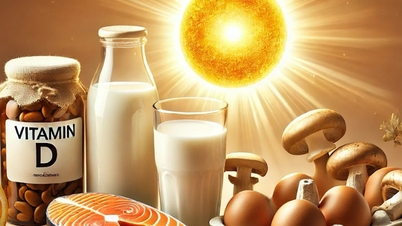




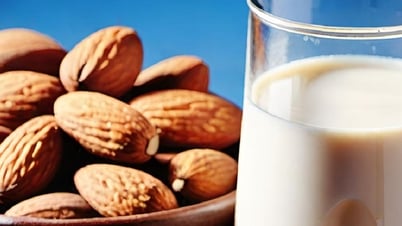


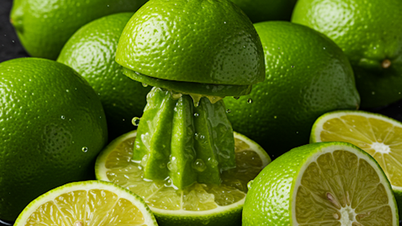

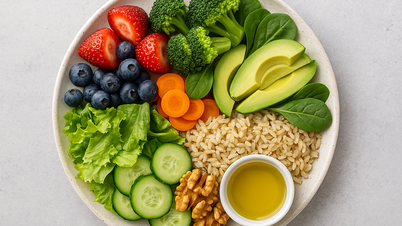

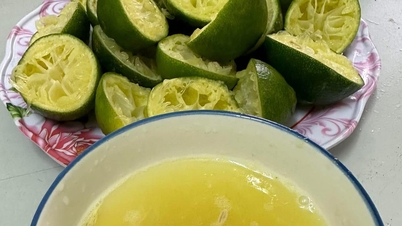











![[Photo] Binh Thuan organizes many special festivals on the occasion of April 30 and May 1](https://vphoto.vietnam.vn/thumb/1200x675/vietnam/resource/IMAGE/2025/5/1/5180af1d979642468ef6a3a9755d8d51)

![[Photo] "Lovely" moments on the 30/4 holiday](https://vphoto.vietnam.vn/thumb/1200x675/vietnam/resource/IMAGE/2025/5/1/26d5d698f36b498287397db9e2f9d16c)















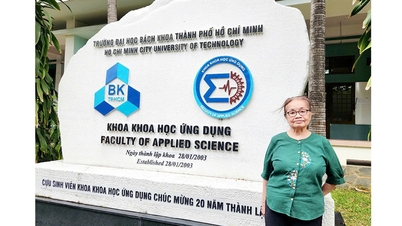



















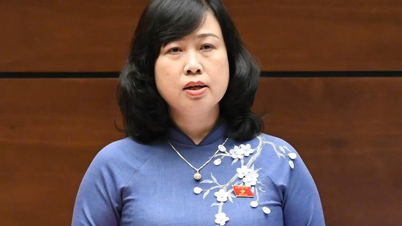












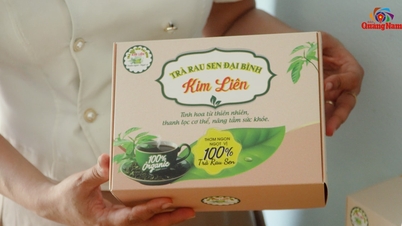

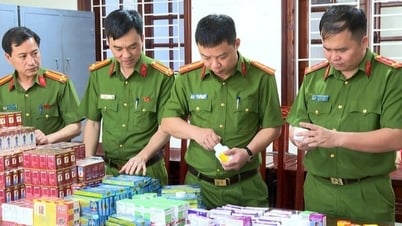

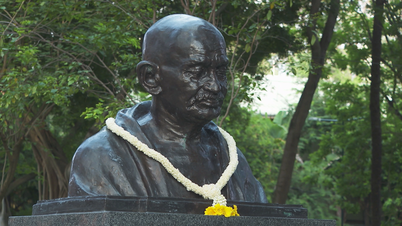













Comment (0)